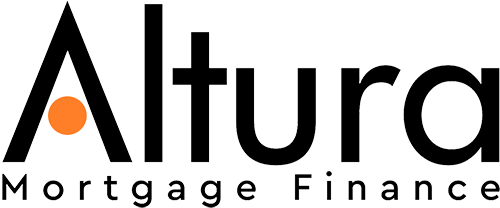
The Russian invasion of Ukraine has not only caused a tragic loss of life, but also a major humanitarian crisis.
According to the United Nations High Commissioner for Refugees (HNHCR), as of 1 May more than 5.5 million Ukrainians had fled the country since the invasion, while the Washington Examiner reports that around 1 in 6 Ukrainians had been internally displaced by the conflict.
To support Ukrainians fleeing the war, the UK government has implemented a “Homes for Ukraine” scheme through which Brits can offer rooms (or homes) to refugees arriving in the UK.
If you’re thinking of renting a room in your home – either to a Ukrainian or to another party – and you have a mortgage, here’s what you need to know.
How the Rent a Room scheme works
Before we look at the Homes for Ukraine scheme, here’s a reminder of how the Rent a Room scheme works.
Under the scheme, if you’re an owner occupier (or a tenant permitted to sub-let your home), you can let out furnished accommodation to a lodger in your main home. You can earn up to £7,500 a year without paying any tax, or £3,750 if you let jointly.
If the amount you earn from renting out the room is less than this amount, you receive an automatic tax exemption. If you earn more than the threshold, you must complete a tax return.
The Homes for Ukraine scheme explained
From 18 March 2022, Ukrainian nationals and their close family can obtain visas to come to the UK if they have UK residents willing to sponsor them.
If you would like to help a Ukrainian, you can record your interest for the scheme on the government website.
You must be able to provide at least six months of stable accommodation. This can be anything from an empty room in your own home, to an unoccupied property. However, you can’t, for example, offer someone a sofa bed in your living room – they must have their own private space.
In addition, all accommodation should:
- Be kept clean and in a reasonable state
- Have adequate kitchen and bathroom space
- Have access to drinking water
- Have sufficient heating to keep the property at a comfortable temperature.
You will also have to ensure you have working smoke and carbon monoxide detectors, safe gas appliances (with a Gas Safety check within the last year) and safe and working electrics.
As a “thank you” for taking in a Ukrainian, the government is offering a payment of £350 a month to anyone who can accommodate one or more households.
The payment is limited to one payment for each residential address and will be made in arrears. You will continue to receive payments for as long as you sponsor somebody and for up to 12 months.
Do I need to tell my mortgage lender if I rent a room?
Most mortgage agreements will allow you to take in a lodger as long as you live in the property.
While most lenders permit this, it is always worth checking with your lender to make sure that you’re not breaching the terms of your mortgage by renting out a room.
If you’re a leaseholder, you might also need permission from the freeholder.
With specific regard to the Homes for Ukraine scheme, lenders have committed to enabling as many borrowers as possible to participate in the scheme.
The official government guidance says: “It’s important you think through any possible implications for your tenancy, mortgage, lease and insurance before your guest arrives in the UK.”
If you have a mortgage on your property you should refer to your lender’s website for further information.
Many lenders have already confirmed that housing a Ukrainian family will not have any effect on your mortgage terms and conditions.
The Lloyds Banking Group say: “If you’re planning to support the government scheme to house Ukrainian refugees, we’re supporting you by making the process as simple as possible. You won’t need to notify us if you’re providing a room(s) in your own home (current limit of two lodgers will not apply).”
Nationwide are taking the same approach, saying: “You don’t need to tell us if you’re providing a room(s) in your own home or a whole property that you own.”
Accord Mortgages managing director Jeremy Duncombe says the lender is “committed to supporting any of our borrowers who wish to open their homes to those fleeing the horrendous conflict in Ukraine.”
He adds: “We’ve worked on making it as easy and simple as possible for those who want to help to do so. By removing any need for brokers or borrowers to contact us once they’ve been accepted to the Homes for Ukraine scheme this takes away further administration for borrowers that are helping people in unimaginable situations.”
You may also need to speak to your home insurance provider
If you are taking in a lodger through the Rent a Room scheme, you should speak to your buildings and contents insurer.
However, under the Homes for Ukraine scheme, providers have agreed that there is no need to contact your insurer on the basis that Ukrainians are accommodated as non-paying guests.
If you’re a sponsor, and you’re a landlord or a tenant, you will need to contact your insurer.
Need to get a mortgage and plan to rent a room?
If you’re thinking of buying a home and you plan to immediately rent a room out to help your cash flow, there are specialist “rent a room” mortgage products available.
Under these schemes, you can use the rental income from letting out a spare room to boost your income when it comes to affordability calculations. This may help you to get the mortgage you want and can assist towards your monthly payments.
Get in touch
If you’re thinking of renting a room and you want more information on how it affects your mortgage, or you think a “rent a room” mortgage would be useful for you, please get in touch.
Email [email protected] or call us on +44 (0) 20 3411 0079.
Please note
This article is for information only. Please do not act based on anything you might read in this article. All contents are based on our understanding of HMRC legislation, which is subject to change.




